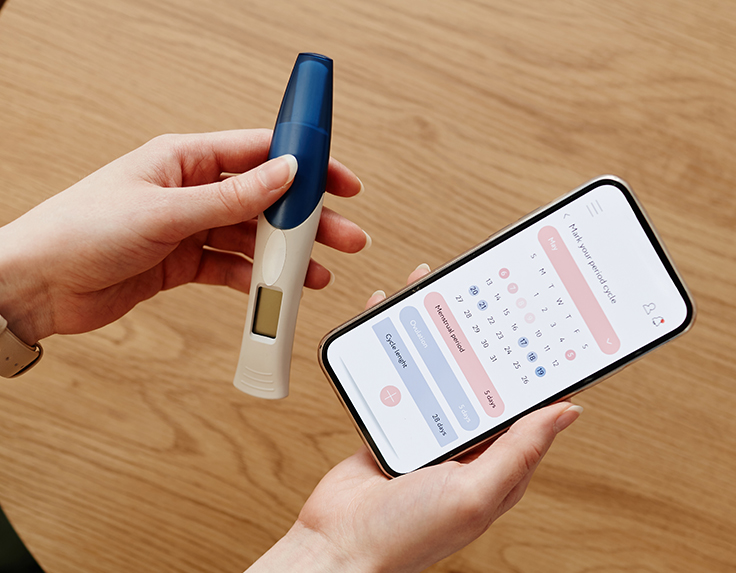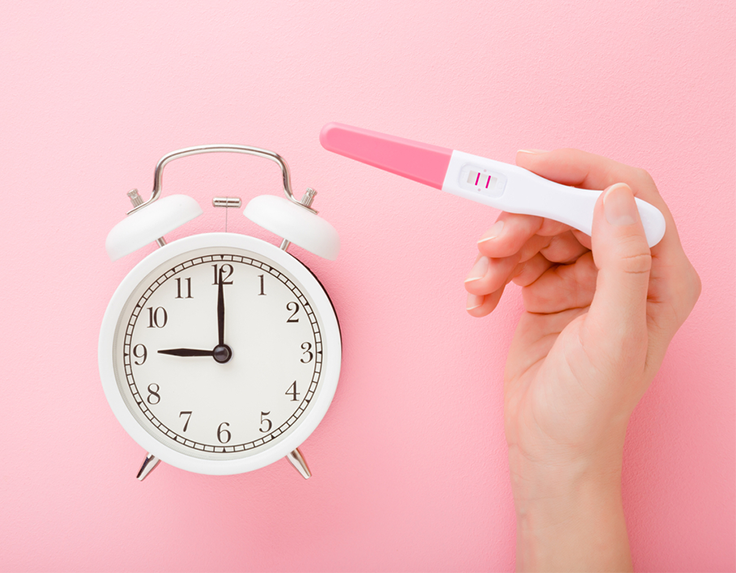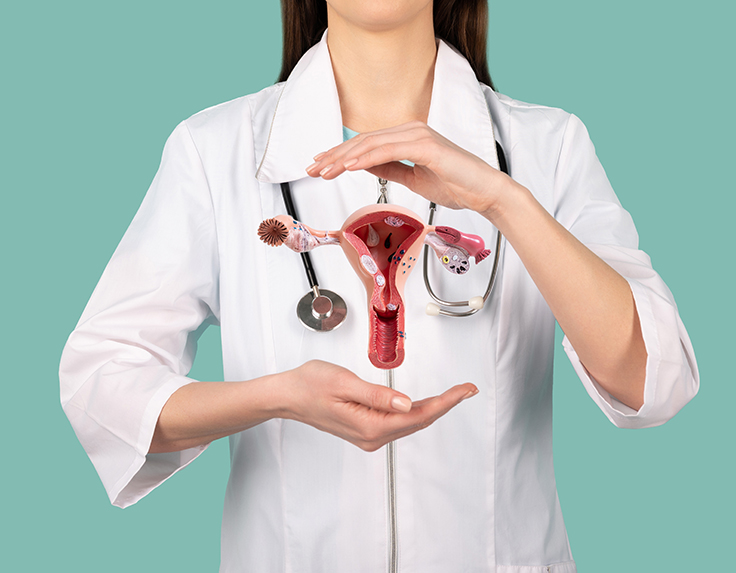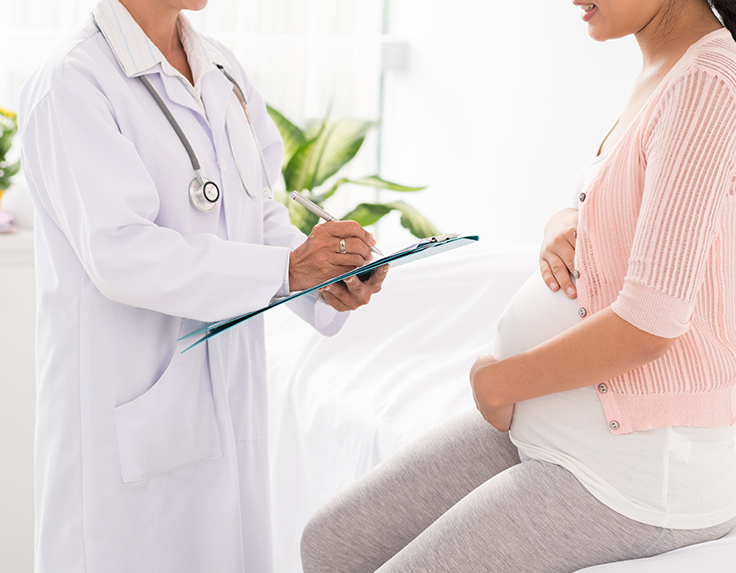Pregnancy kits have become increasingly popular due to their accessibility, affordability, and accuracy. One of the main advantages of these kits is their ease of use. Women can use urine-based tests in the privacy of their own homes. They simply collect a urine sample and wait a few minutes for the results to appear. This process is quick, convenient, and stress-free.
Pregnancy kits are also affordable and widely available at most drugstores and supermarkets. They are relatively inexpensive compared to medical tests performed in a doctor’s office. In addition, modern pregnancy kits are highly accurate, with many claiming to be 99% accurate. They can detect pregnancy as early as a few days after a missed period and some tests offer digital displays or color-changing indicators, making it easier for women to interpret their results. However, it is important to note that a positive result from a pregnancy kit should always be confirmed with a healthcare professional to ensure proper prenatal care.
But now, the advanced pregnancy kits have taken ease of use to the next level by removing the need for a separate urine collection container. With these kits, women can place the absorbent tip directly in the stream of urine, making the testing process more seamless, hygienic, and convenient. By simplifying the process of confirming pregnancy and offering additional features, advanced pregnancy kits have made the testing process even easier and more accurate for women.
What is an advanced pregnancy kit?
An advanced pregnancy kit is a type of home pregnancy test that offers additional features and benefits beyond traditional pregnancy tests. One of the main features of advanced pregnancy kits is that they often eliminate the need for a separate urine collection container. These kits feature an absorbent tip that can be placed directly in the stream of urine, making the testing process more seamless and hygienic. In addition, some advanced pregnancy kits offer wider testing windows, meaning they can detect pregnancy earlier than traditional tests.
Prega News, India’s No.1 Pregnancy Test Kit also offers an advanced kit for women who want a more comprehensive testing experience. The Prega News advanced kit is designed to make the testing process more seamless and hygienic, with an innovative design that eliminates the need for a separate urine collection container. Its high accuracy rate of up to 99.9% and early detection capability of six days before a missed period make it one of the most reliable and efficient home pregnancy tests available.
Additionally, the kit includes a pregnancy due date calculator and a pregnancy information booklet, which can be helpful for women who want to learn more about pregnancy and prepare for the journey ahead. Overall, the Prega news advanced kit is a popular choice among women who want a comprehensive and reliable home pregnancy test that offers a range of features to make the testing experience more convenient and stress-free.
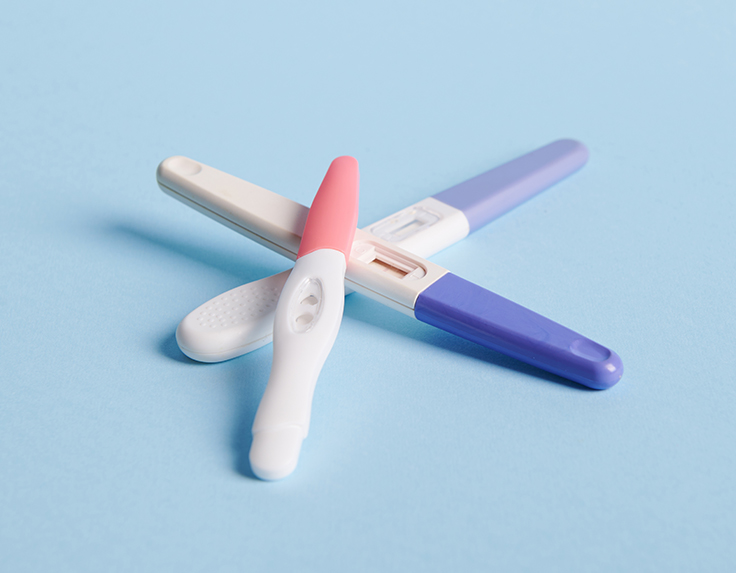
What are the Benefits of an Advanced Pregnancy Kit?
Advanced pregnancy kits are becoming increasingly popular among women who want a more comprehensive testing experience. These kits offer a range of benefits over traditional pregnancy tests, including higher accuracy rates, earlier detection of pregnancy that makes it easier to read and interpret the results.
One of the most significant benefits of advanced pregnancy kits is that they eliminate the need for a separate urine collection container. This not only makes the testing process more seamless and hygienic but also more convenient. With an absorbent tip that can be placed directly in the stream of urine, women can quickly and easily confirm their pregnancy status without any fuss.
Another significant advantage of the advanced pregnancy kit is its portability and ease of use. These kits can be used anywhere, making them an ideal “on the go” product for women who lead busy lives. With no requirement for a separate urine collection container, women can quickly and discreetly test for pregnancy without any hassle, no matter where they are.
The advanced pregnancy kit is a product that caters to the needs and preferences of the new age mothers, especially the millennial expectant mothers who value convenience and efficiency. These mothers are always on the go and do not have the time or inclination to engage in lengthy, complicated testing procedures. Instead, they seek instant results with complete surety, which is precisely what the advanced pregnancy kit offers.
With its innovative design, accurate results, the advanced pregnancy kit provides millennial mothers with the confidence they need to plan for their future without any worries. These mothers can enjoy the benefits of early detection and higher accuracy rates without sacrificing convenience or ease of use.
Overall, the advanced pregnancy kit is a product that reflects the changing needs and expectations of modern mothers. As more millennial women embrace motherhood, it’s clear that products like these will become increasingly popular, providing women with the peace of mind and confidence they need to navigate the journey of pregnancy and motherhood with ease.
Overall, advanced pregnancy kits offer a range of benefits that can make the testing process more efficient, accurate, and stress-free for women. As more women turn to these kits for their testing needs, it’s clear that they represent an exciting development in the world of home pregnancy tests.
That’s about the understanding of advanced pregnancy test kits. Now let’s take a quick recap of the information with the frequently asked questions.
FAQs
Q: How accurate is an advanced pregnancy kit?
A: Advanced pregnancy kits generally have high accuracy rates. In some cases, accuracy may vary depending on factors such as how early in the pregnancy the test is taken and how closely the instructions are followed.
Q: How do you use an advanced pregnancy kit?
A: To use an advanced pregnancy kit, remove the protective cap and hold the absorbent tip in the stream of urine for a few seconds or dip it into a sample of urine in a container. Wait for the recommended time, which can vary depending on the brand and type of kit, and then read the results.
Q: How does an advanced pregnancy kit work?
A: Advanced pregnancy kits work by detecting the presence of the hormone human chorionic gonadotropin (hCG) in a woman’s urine. This hormone is produced by the placenta after a fertilized egg has implanted in the uterus. The absorbent tip of the test strip reacts with hCG and changes color to indicate whether or not a woman is pregnant. The digital display on the test can provide clear results without the need for interpretation.





























